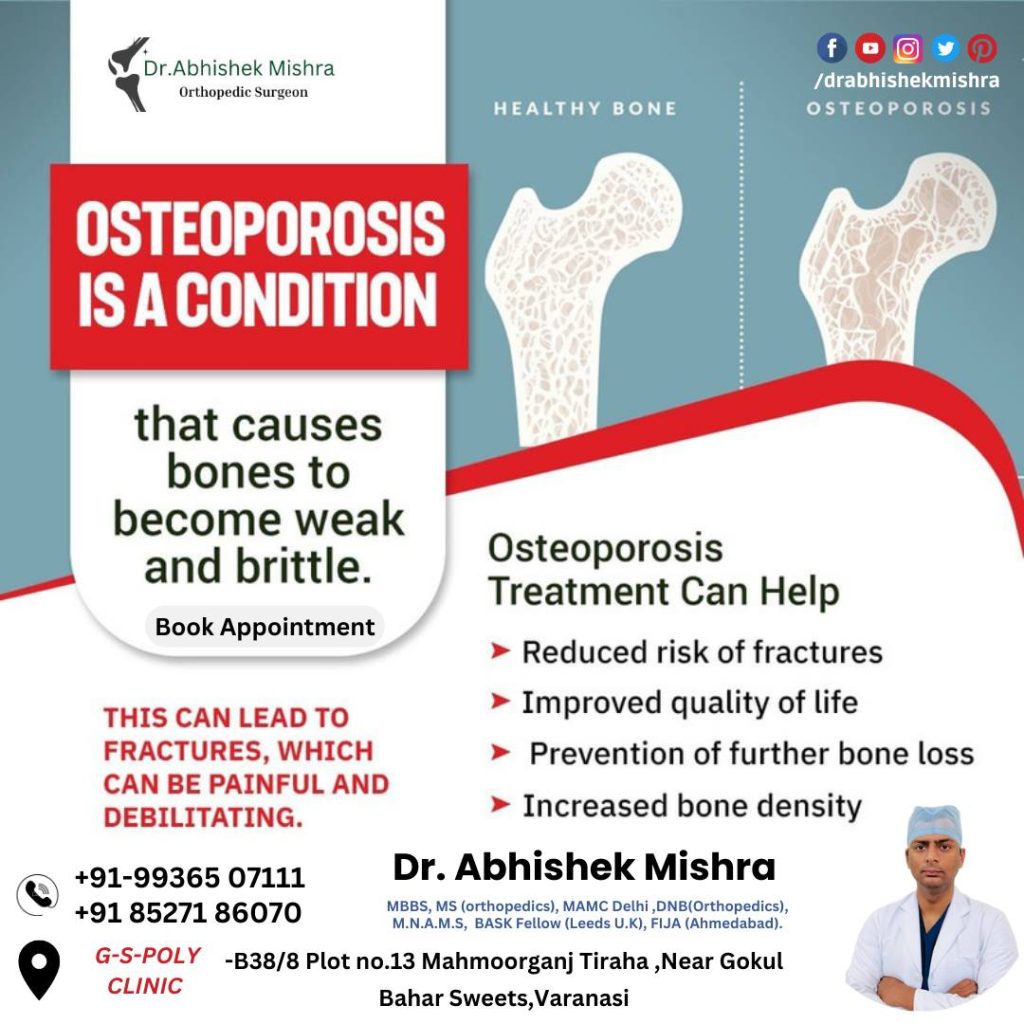Orthopedic Care for Pediatric Patients:

rthopedic care for pediatric patients is a specialized branch of medicine focused on diagnosing, treating, and preventing musculoskeletal conditions in children and adolescents. Orthopedic problems in pediatric patients can be congenital (present at birth) or acquired (developed later in childhood). Here are some key aspects of orthopedic care for pediatric patients:
- Pediatric Orthopedic Specialists: Pediatric orthopedic surgeons are specially trained to manage musculoskeletal issues in children. They have expertise in dealing with the unique growth and development aspects of young patients.
- Common Pediatric Orthopedic Conditions:
- Congenital Conditions: These are conditions that a child is born with, such as clubfoot, hip dysplasia, scoliosis, and limb deformities.
- Developmental Conditions: These issues develop as a child grows, such as growth plate injuries, fractures, and sports-related injuries.
- Infections and Tumors: Infections of bones and joints, as well as benign or malignant bone tumors, are also within the scope of pediatric orthopedics.
- Early Intervention: Timely diagnosis and treatment are crucial for many pediatric orthopedic conditions because they can impact a child’s growth and development. Early intervention can help prevent long-term problems.
- Conservative and Surgical Approaches: Treatment can range from conservative approaches like physical therapy, bracing, or casting to surgical procedures when necessary. The choice of treatment depends on the specific condition and its severity.
- Growth Considerations: Pediatric orthopedic specialists consider the child’s growth plates when planning treatments. Surgery or interventions that affect growth plates must be carefully timed to minimize long-term growth issues.
- Rehabilitation: After surgery or injury, rehabilitation plays a crucial role in a child’s recovery. Physical therapy and exercises help children regain strength, mobility, and function.
- Family-Centered Care: Pediatric orthopedic care often involves working closely with the child’s family. Parents and caregivers are essential in following treatment plans and providing emotional support to the child.
- Multidisciplinary Approach: In complex cases, pediatric orthopedic specialists may collaborate with other medical specialists, such as pediatricians, radiologists, geneticists, and physical therapists, to provide comprehensive care.
- Long-Term Follow-Up: Many pediatric orthopedic conditions require ongoing monitoring and follow-up care as the child grows. This ensures that any potential issues are addressed promptly.
- Prevention: Pediatric orthopedic specialists also focus on preventive measures, such as educating parents and children about injury prevention, proper nutrition, and healthy lifestyle choices to support musculoskeletal health.
- Psychosocial Support: Coping with orthopedic conditions and treatments can be challenging for children and their families. Pediatric orthopedic teams often provide psychological support to help children and parents navigate these challenges.
- Research and Advancements: The field of pediatric orthopedics continually evolves with advancements in medical technology and research. New techniques and treatments are developed to improve outcomes for young patients.

No responses yet